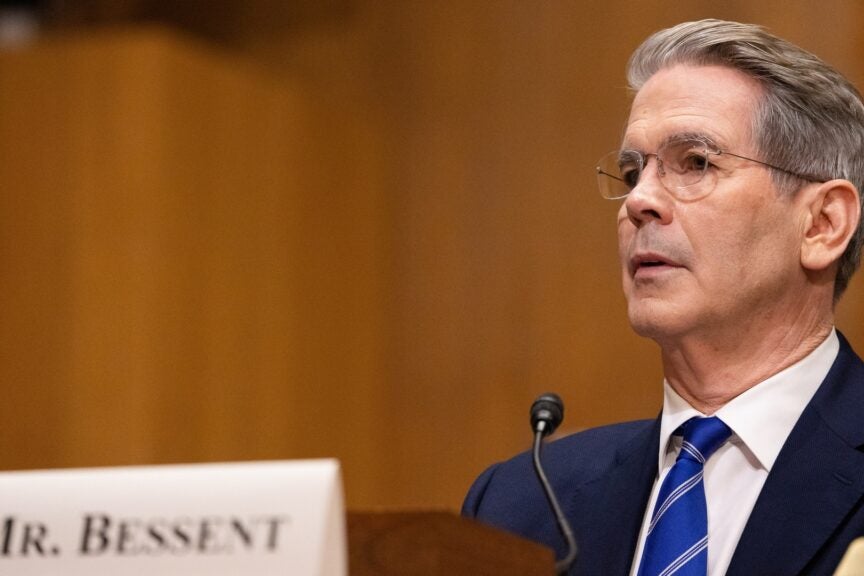Unlocking a Hidden Wealth: Bill Ackman’s Insights on Freddie Mac and Fannie Mae
In a startling revelation, billionaire investor Bill Ackman has highlighted a potential $300 billion opportunity sitting within the U.S. government’s grasp through its stakes in mortgage giants Freddie Mac and Fannie Mae. This insight not only underscores the financial implications of these government-sponsored enterprises (GSEs) but also raises questions about the future direction of U.S. housing finance.
The Potential Wealth of Freddie Mac and Fannie Mae
Freddie Mac and Fannie Mae, created to bolster the housing market and provide liquidity to lenders, have long been in the spotlight due to their complex relationship with the federal government. Following their bailout during the 2008 financial crisis, both entities have operated under conservatorship, which has allowed the government to maintain control over their operations and profits.
Ackman, the CEO of Pershing Square Capital Management, believes that these GSEs hold significant untapped value. According to his analysis, the U.S. government could potentially unlock around $300 billion through a restructuring of Freddie Mac and Fannie Mae. This figure reflects the combined market value of their substantial assets and the critical role they play in the housing finance system.
Understanding the Current Landscape
Currently, both Freddie Mac and Fannie Mae contribute to the stability of the U.S. housing market by providing guarantees for mortgages, which enables lenders to offer lower interest rates to consumers. However, the government’s conservatorship has also led to a lack of innovation and a slow response to changing market conditions.
- Freddie Mac: Established in 1970, Freddie Mac primarily focuses on purchasing mortgages from lenders and selling mortgage-backed securities.
- Fannie Mae: Founded in 1938, Fannie Mae serves a similar purpose but primarily deals with loans originated by commercial banks.
Both entities have been profitable in recent years, generating billions in revenue for the U.S. Treasury. Yet, their financial performance has not translated into a clear path for privatization or a return to their original missions.
Ackman’s Cautionary Notes
While Ackman’s estimates paint an optimistic picture of the financial potential of these GSEs, he remains cautious about the likelihood of the government relinquishing control over them. His insights suggest that the political climate surrounding housing finance reform is complex and fraught with challenges.
“The government is unlikely to give up control of Freddie Mac and Fannie Mae because it would require a significant overhaul of the housing finance system,” Ackman stated in a recent interview. He emphasized that while the financial benefits are clear, the political will to initiate such changes is lacking.
The Political Landscape
The future of Freddie Mac and Fannie Mae has been a contentious issue in U.S. politics for over a decade. Various administrations have proposed reforms aimed at either privatizing the GSEs or restructuring their operations to reduce taxpayer risk. However, none of these efforts have gained sufficient traction.
Key challenges include:
- Political Resistance: Any attempt to reform Freddie Mac and Fannie Mae faces significant opposition from various stakeholders, including housing advocates who fear that privatization could lead to higher mortgage rates and reduced access to housing finance for low-income families.
- Economic Implications: The potential impact of changes to these GSEs on the broader economy is a major concern. Lawmakers are wary of disrupting a system that has provided stability in the housing market since the financial crisis.
The Path Forward
Despite the challenges, some experts believe that a balanced approach could facilitate necessary reforms. This could include measures to enhance transparency, increase competition among lenders, and promote innovation without fully privatizing the GSEs.
Ackman’s insights could serve as a catalyst for renewed discussions about the future of Freddie Mac and Fannie Mae. Investors and policymakers alike are watching closely, as any movement toward restructuring could have significant implications for the housing market and the broader economy.
Conclusion
The potential for a $300 billion windfall from Freddie Mac and Fannie Mae is a compelling argument for re-evaluating the role of these government entities in the housing finance system. However, as Bill Ackman cautions, the path to unlocking this hidden wealth is fraught with political and economic complexities. As the housing finance debate continues, stakeholders must navigate these challenges carefully to ensure a stable and accessible housing market for all Americans.
See more CNBC Network



